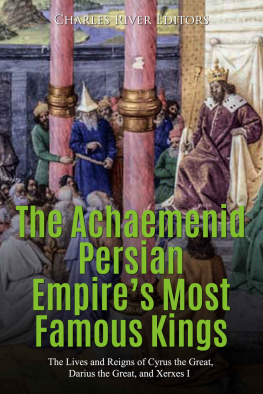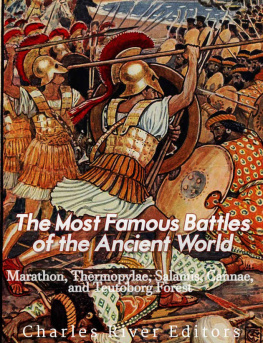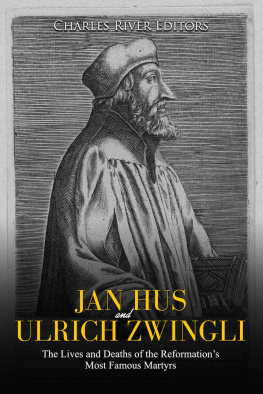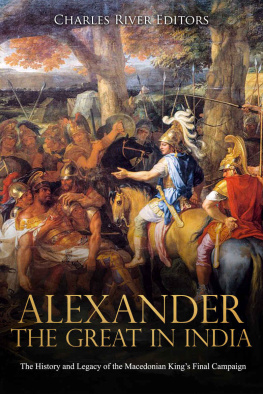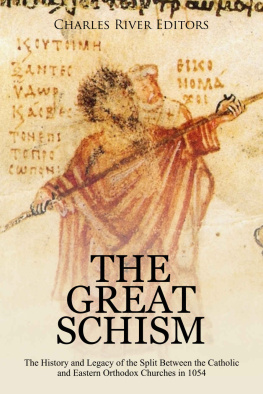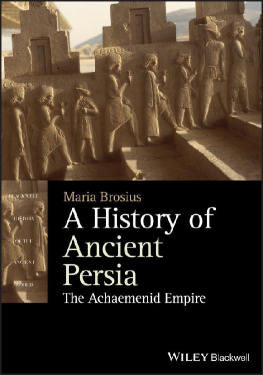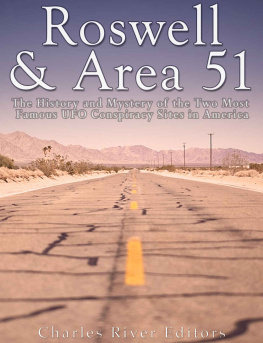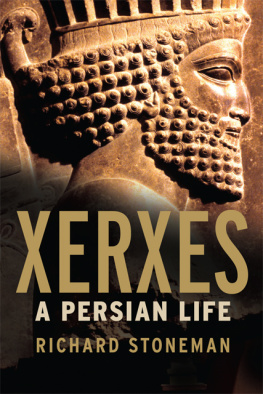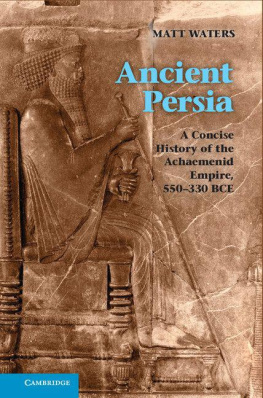Charles River Editors - The Achaemenid Persian Empires Most Famous Kings: The Lives and Reigns of Cyrus the Great, Darius the Great, and Xerxes I
Here you can read online Charles River Editors - The Achaemenid Persian Empires Most Famous Kings: The Lives and Reigns of Cyrus the Great, Darius the Great, and Xerxes I full text of the book (entire story) in english for free. Download pdf and epub, get meaning, cover and reviews about this ebook. year: 2019, publisher: Charles River Editors, genre: History. Description of the work, (preface) as well as reviews are available. Best literature library LitArk.com created for fans of good reading and offers a wide selection of genres:
Romance novel
Science fiction
Adventure
Detective
Science
History
Home and family
Prose
Art
Politics
Computer
Non-fiction
Religion
Business
Children
Humor
Choose a favorite category and find really read worthwhile books. Enjoy immersion in the world of imagination, feel the emotions of the characters or learn something new for yourself, make an fascinating discovery.
- Book:The Achaemenid Persian Empires Most Famous Kings: The Lives and Reigns of Cyrus the Great, Darius the Great, and Xerxes I
- Author:
- Publisher:Charles River Editors
- Genre:
- Year:2019
- Rating:3 / 5
- Favourites:Add to favourites
- Your mark:
- 60
- 1
- 2
- 3
- 4
- 5
The Achaemenid Persian Empires Most Famous Kings: The Lives and Reigns of Cyrus the Great, Darius the Great, and Xerxes I: summary, description and annotation
We offer to read an annotation, description, summary or preface (depends on what the author of the book "The Achaemenid Persian Empires Most Famous Kings: The Lives and Reigns of Cyrus the Great, Darius the Great, and Xerxes I" wrote himself). If you haven't found the necessary information about the book — write in the comments, we will try to find it.
The Achaemenid Persian Empires Most Famous Kings: The Lives and Reigns of Cyrus the Great, Darius the Great, and Xerxes I — read online for free the complete book (whole text) full work
Below is the text of the book, divided by pages. System saving the place of the last page read, allows you to conveniently read the book "The Achaemenid Persian Empires Most Famous Kings: The Lives and Reigns of Cyrus the Great, Darius the Great, and Xerxes I" online for free, without having to search again every time where you left off. Put a bookmark, and you can go to the page where you finished reading at any time.
Font size:
Interval:
Bookmark:
By Charles River Editors
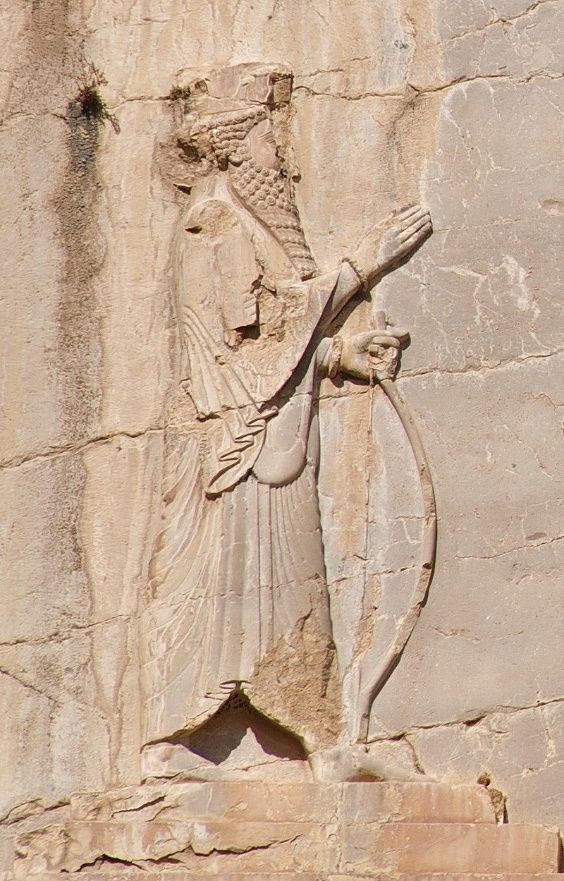
A. Daveys picture of a relief depicting Xerxes on his tomb

Charles River Editors is a boutique digital publishing company, specializing in bringing history back to life with educational and engaging books on a wide range of topics. Keep up to date with our new and free offerings with this 5 second sign up on our weekly mailing list , and visit Our Kindle Author Page to see other recently published Kindle titles.
We make these books for you and always want to know our readers opinions, so we encourage you to leave reviews and look forward to publishing new and exciting titles each week.
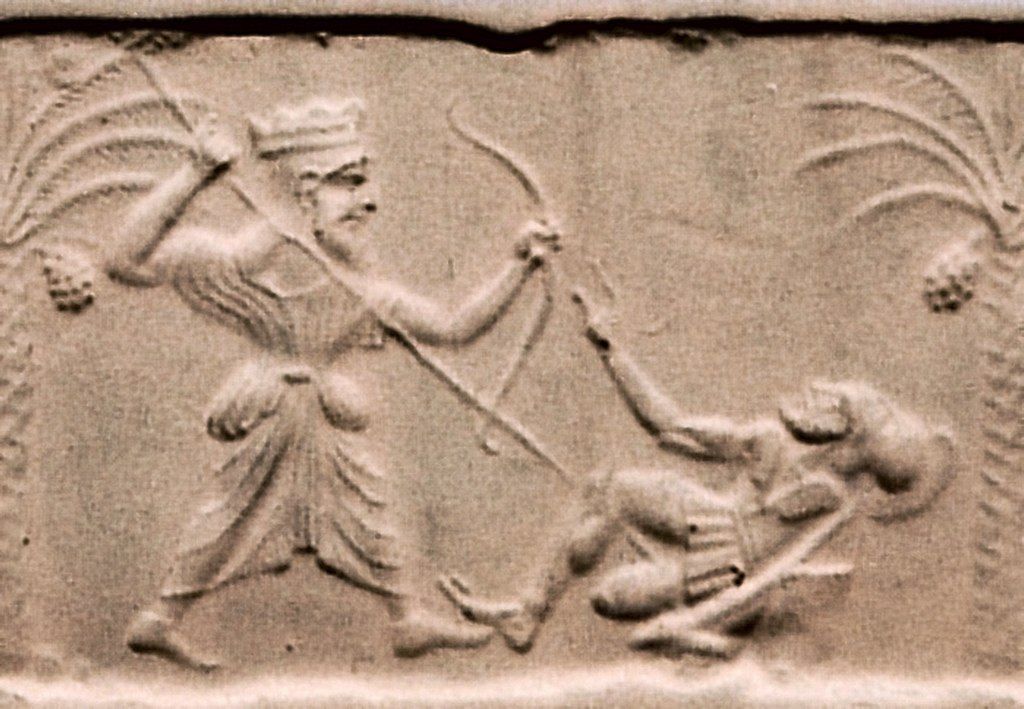
A relief depicting a Persian king killing a Greek hoplite
"I am Cyrus the king, an Achaemenian." An inscription found at the Persian capital of Pasargadae
At one point in antiquity, the Achaemenid Persian Empire was the largest empire the world had ever seen, but aside from its role in the Greco-Persian Wars and its collapse at the hands of Alexander the Great, it has been mostly overlooked. When it has been studied, the historical sources have mostly been Greek, the very people the Persians sought to conquer. Needless to say, their versions were biased.
It was not until excavations in the region during the 20 th century that many of the relics, reliefs, and clay tablets that offer so much information about Persian life could be studied for the first time. Through archaeological remains, ancient texts, and work by a new generation of historians, a picture can today be built of this remarkable civilization and their most famous leaders.
When considering this empires rulers, the two most often referenced are Xerxes, the leader of the Persian invasion of Greece which caused the heroic sacrifice of the Spartans and their allies at Thermopylae, or Cyrus the Great, the man who created the empire. While he was one of the most influential men in the ancient world, research on Cyrus the Great is simultaneously fascinating and frustrating. The Persians ancestors did not write (in fact, in their epic poems and myths, they claim that it was something taught to man by demons and therefore something to be avoided), and though the Iranians had taken up writing in their governmental and administrative functions by the time Cyrus lived, the kings still did not learn to write. Put simply, it was considered a functional skill, but not of the greatest importance.
As a result, while plenty of ancient sources mention the great Persian king, Persian sources themselves are rare, and those sources that do exist, such as the Babylonian Chronicle, are largely dry and state only the basic facts and large events. By contrast, Greek sources about Cyrus embrace the artistic aspect of their work so highly that the accuracy often comes into question, and sometimes deep scrutiny is necessary to attempt to separate the fact from the fiction. In the end, the full truth about Cyrus and his reign may never be truly understood.
Of course, this reality has deepened the mystique that surrounds Cyrus even to this day, and it has elevated his status from conqueror and king to enlightened humanist monarch and ideal ruler. In fact, a modern misconception based on the Cyrus Cylinder has labeled him the first proponent of civil rights, though this is somewhat of an exaggeration. The argument hinges on the Cylinder being a unique artifact in listing the ideology by which Cyrus intended to rule, but it equally ignores the fact that such declarations were commonplace among kings of the ancient Near East and more a tool of monarchal propaganda than a sweeping declaration of human rights.
That said, Cyrus was a fair and rational leader, particularly compared to the many brutal kings and warlords of ancient times. The high praise he received, even from his enemies, must certainly not be dismissed, and the admiration directed toward him came from many other exceptional individuals, including Alexander the Great, a bitter enemy of the empire Cyrus founded. Whatever the underlying issues, the incredible achievements of Cyrus distinguish him as one of the greatest kings in history, and his life, conquests, reforms, and rule continue to be of great interest over 2,500 years later.
Darius I took the throne after the death of Cyruss son, Cambyses II, and though his reign would not have been possible without the construction of the empire and the administrative groundwork laid by Cyrus the Great before him, Darius proved himself just as worthy of the epithet. Reigning for over 35 years, Darius kept control of the massive Persian Empire despite numerous rebellions and uprisings, and he also managed to implement reforms and improvements that established the empires golden age. He followed the example of Cyrus before him in his foreign policy and mode of kingship as well, offering tolerance and patience to various cultures and religions, and even treating his enemies fairly in most cases.
Perhaps his ultimate success can be seen most clearly in the passage of power at the end of his life. By that time, his reign had been long and stable, and though he died of illness somewhat unexpectedly, his kingdom was still so firmly established that the kingship passed to his son Xerxes without any question or upheaval. Under Darius the Greats rule, the empire reached its greatest extent, stretching from the Indus Valley and Central Asia in the east to Libya and the Danube River in the west.
Xerxes remains one of the most famous rulers in history because he led the Second Persian War against the Greeks. That war was a veritable clash of civilizations, and had the Persians triumphed, Classical Athens would have been snuffed out and Greece would never have formed the backbone of Roman and Western culture. Simply put, the West as it is today might never have existed.
Not surprisingly, the majority of surviving sources regarding Xerxes are the product of Greek writers, so it was inevitable that the Persian king has been depicted in unflattering terms for thousands of years. The details of his invasion of Greece cast him as the villain in the dramatic Greek retelling of the tragic 300 Spartans holding the pass at Thermopylae, and focus on the loss at Salamis solidified his reputation as a failure despite another 15 years of successful rule after withdrawing from the Greek mainland. Although Herodotuss Histories offer a less biased account than some later sources, he still depicted Xerxes as a figure of tragic failings, listening too often to the wrong councilors and eventually collapsing on the weight of his own hubris. This classic appearance as a tragic hero figure gives some pause for doubt, as the literary stereotype is almost too perfect and suggests a lack of depth and nuance that characterizes all accurate investigations of historical individuals.
These early images were only exacerbated by Alexander the Great and his biographers, who maintained a fiery hatred toward Xerxes for his burning of Athens. They targeted many of his building projects after their capture of Persepolis, and they pushed an even bleaker picture of the king, one of an idle, indolent, cowardly, and corrupt ruler. The continuation of this can be traced throughout the passing centuries - Plato considered Xerxes to be a poor reflection of a great father, and another contemporary, Lysias, wrote in his Funeral Oration how Xerxes had held Greece in contempt, but had been deceived in his hopes, who was dishonored by the event, galled by the disaster, and angered against its authors, and who was unused to ill-hap and unacquainted with true men.
Font size:
Interval:
Bookmark:
Similar books «The Achaemenid Persian Empires Most Famous Kings: The Lives and Reigns of Cyrus the Great, Darius the Great, and Xerxes I»
Look at similar books to The Achaemenid Persian Empires Most Famous Kings: The Lives and Reigns of Cyrus the Great, Darius the Great, and Xerxes I. We have selected literature similar in name and meaning in the hope of providing readers with more options to find new, interesting, not yet read works.
Discussion, reviews of the book The Achaemenid Persian Empires Most Famous Kings: The Lives and Reigns of Cyrus the Great, Darius the Great, and Xerxes I and just readers' own opinions. Leave your comments, write what you think about the work, its meaning or the main characters. Specify what exactly you liked and what you didn't like, and why you think so.

